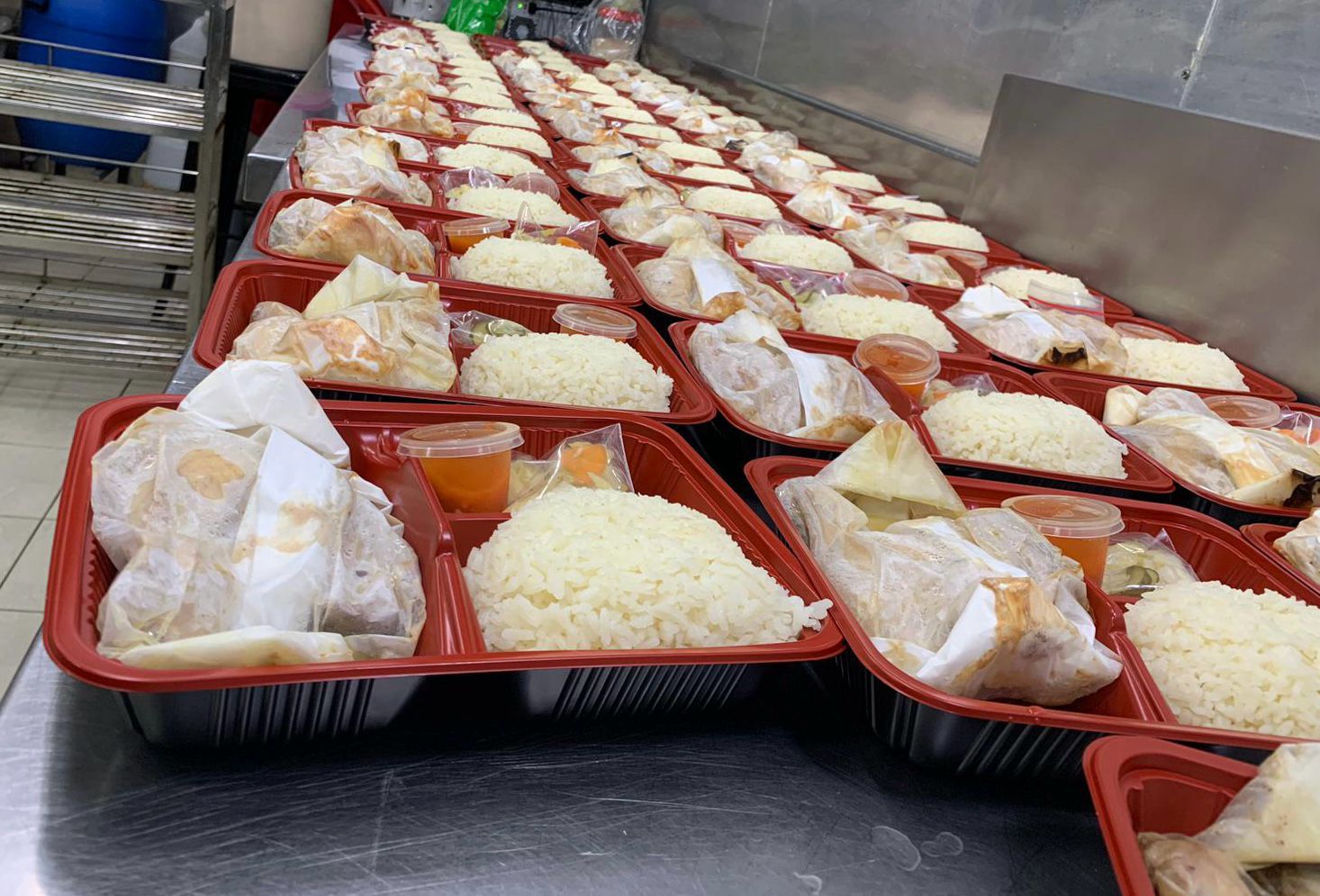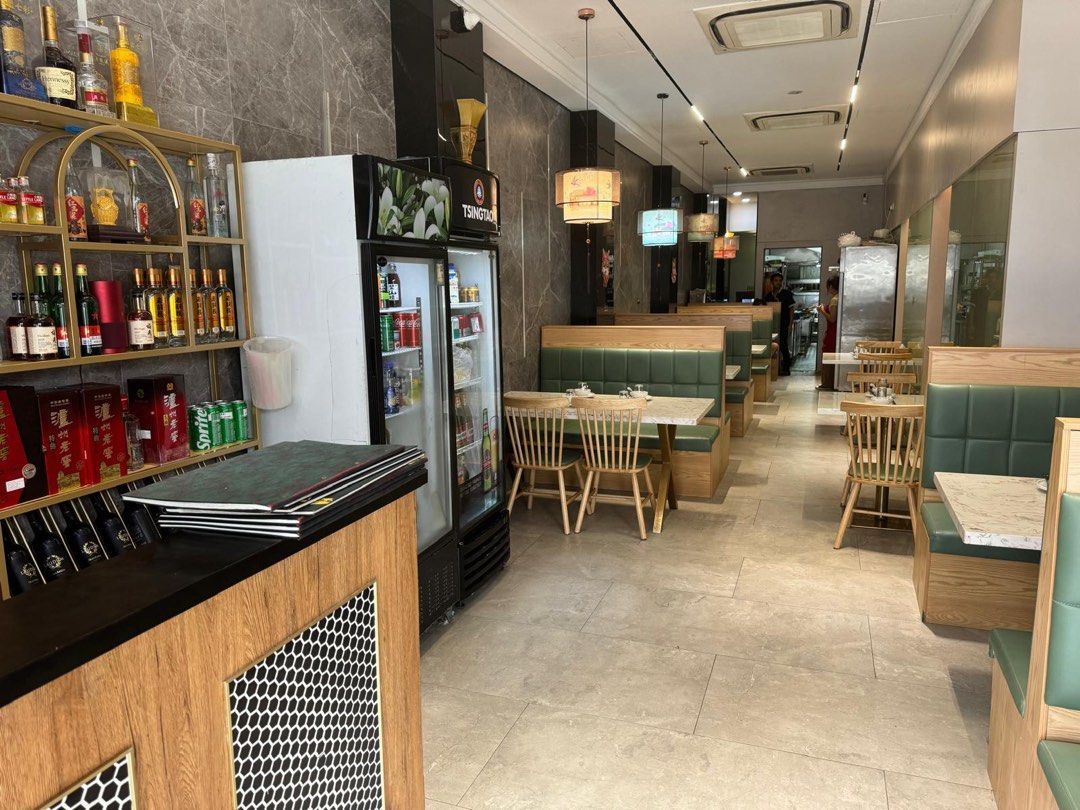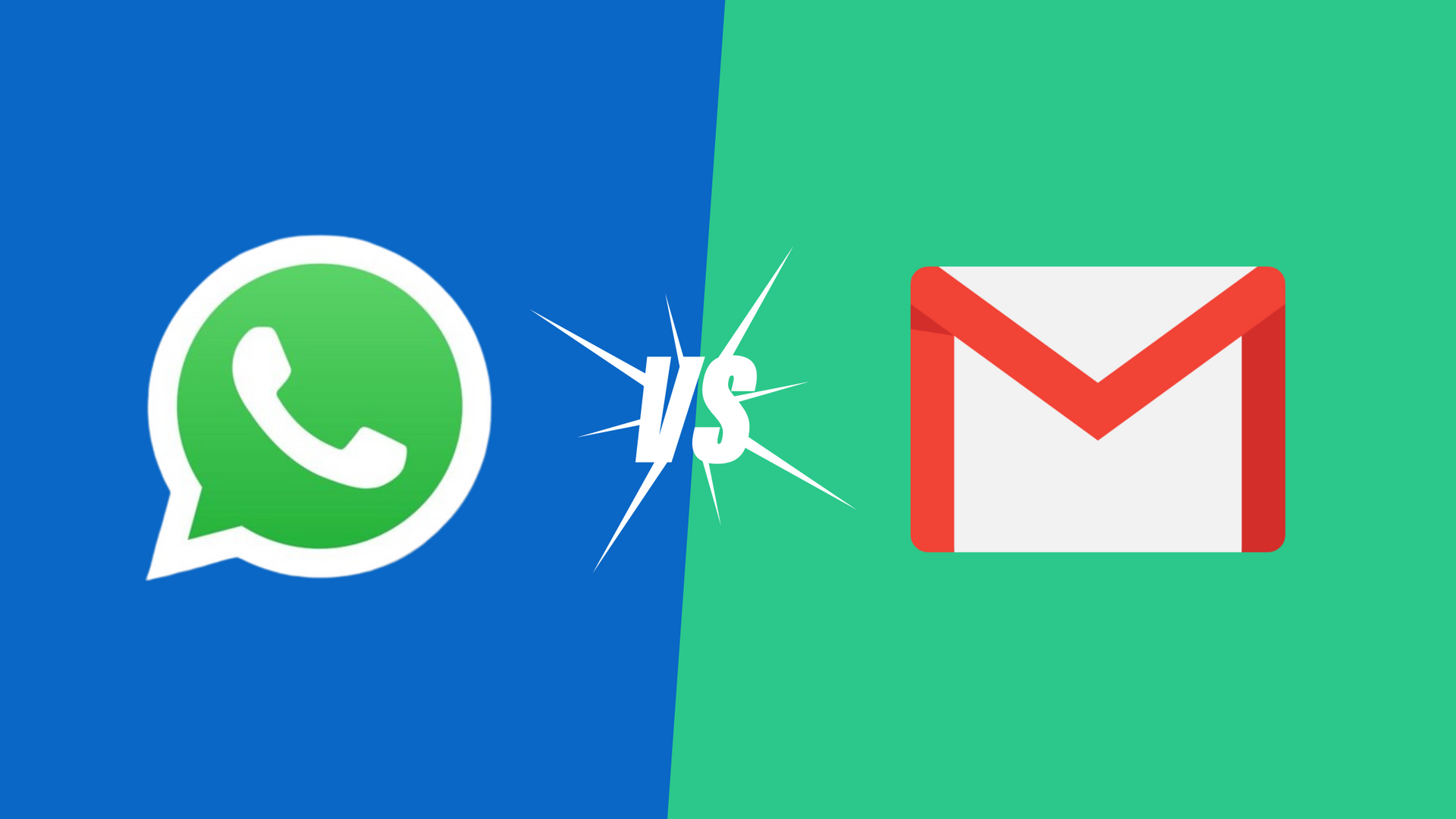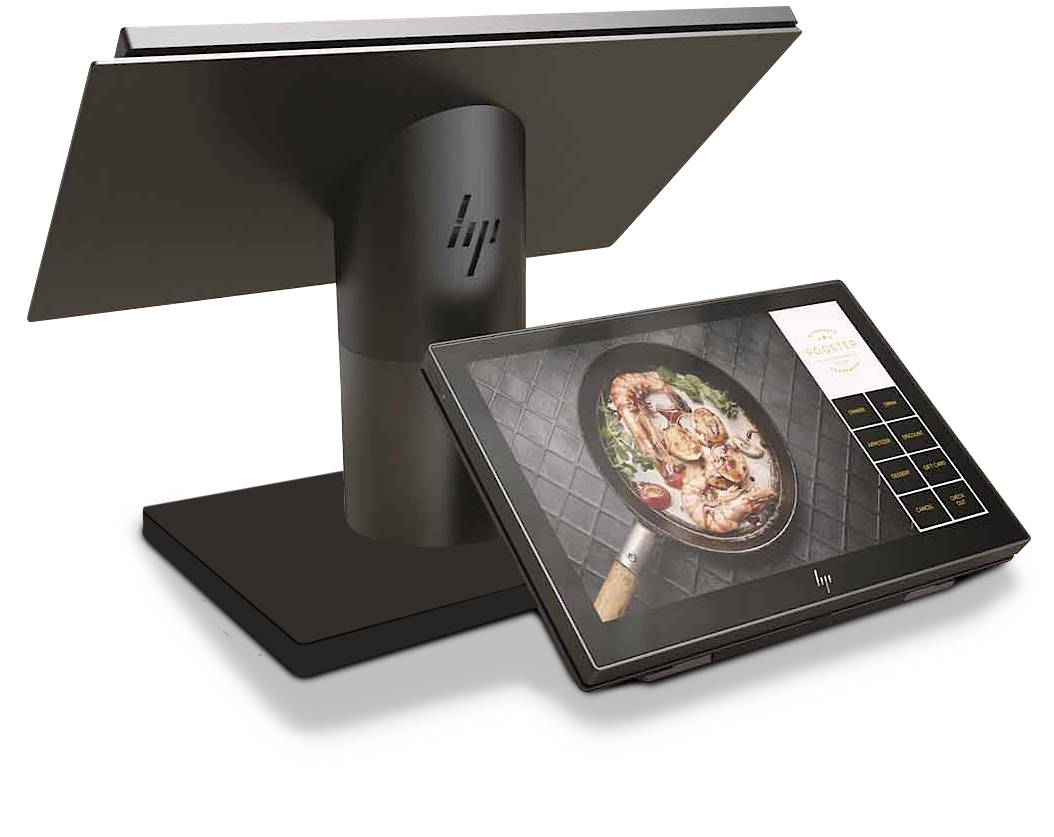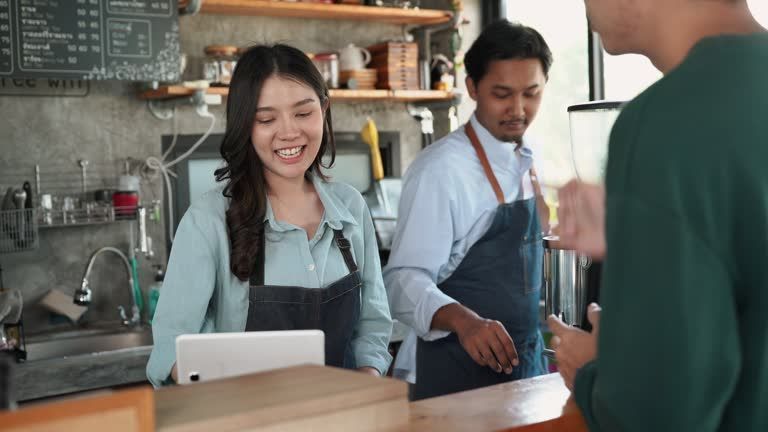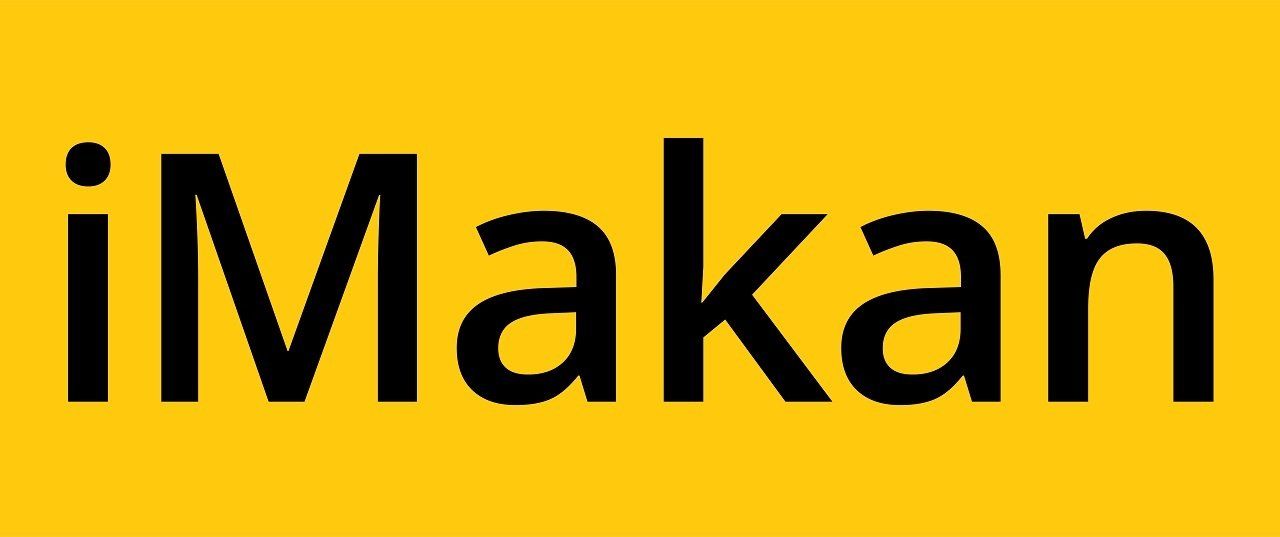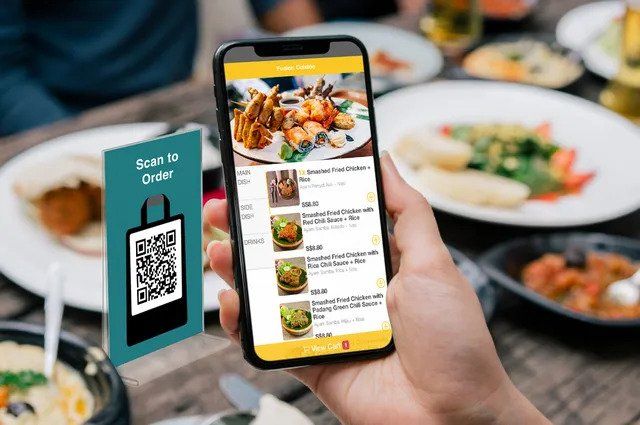In Singapore's competitive cafe industry, providing exceptional service is paramount to standing out amidst stiff competition. With the advent of technology and changing consumer preferences, café owners must adapt their service strategies to meet the evolving needs of their customers. Here are eight service tips, incorporating self-ordering solutions and embracing digital advancements, to ensure your café remains the first choice for customers in Singapore.
Introduce Self-Ordering Kiosks
Embrace the trend of self-ordering by installing user-friendly kiosks in your café. Self-ordering kiosks empower customers to browse your menu at their own pace, customize their orders, and complete transactions seamlessly. By reducing wait times and minimizing human error, self-ordering kiosks enhance efficiency and convenience, resulting in a smoother and more satisfying customer experience.
Implement QR Code Ordering
Simplify the ordering process further by implementing QR code ordering systems. Allow customers to scan QR codes displayed on their tables or on signage to access your digital menu and place their orders directly from their smartphones. QR code ordering eliminates the need for physical menus and facilitates contactless transactions, catering to the preferences of tech-savvy customers while prioritizing hygiene and safety.
Provide Clear Instructions and Assistance
Ensure that self-ordering processes are intuitive and user-friendly by providing clear instructions and on-screen prompts. Train your staff to assist customers who may encounter difficulties navigating the self-ordering kiosks or QR code ordering systems. Friendly and knowledgeable assistance enhances the overall customer experience and instills confidence in the technology.
Offer Seamless Integration with Loyalty Programs
Seamlessly integrate self-ordering systems with your café's loyalty program to incentivize customer engagement and reward repeat visits. Allow customers to earn loyalty points or redeem rewards directly through the self-ordering kiosks or QR code ordering platform. By integrating loyalty programs with digital ordering solutions, you foster customer loyalty and encourage participation in your rewards program.
Customize Recommendations Based on Order History
Leverage data collected through self-ordering systems to personalize recommendations for customers based on their order history and preferences. Utilize algorithms to suggest complementary items or promotional offers tailored to each customer's tastes and past purchases. By offering personalized recommendations, you enhance the relevance of your offerings and increase the likelihood of upselling.
Maintain High Standards of Hygiene and Sanitization
Prioritize hygiene and sanitization protocols to reassure customers of their safety when using self-ordering kiosks or QR code ordering systems. Regularly disinfect and clean touchscreen surfaces and other high-touch areas to minimize the risk of contamination. Display visible signage outlining your commitment to cleanliness and adherence to health guidelines, instilling confidence in customers.
Foster Human Connection through Staff Interaction
While self-ordering solutions offer convenience, don't overlook the importance of human interaction in providing exceptional service. Encourage your staff to engage with customers, offer recommendations, and provide assistance when needed. A friendly smile, a warm greeting, and personalized interactions contribute to a welcoming atmosphere and enhance the overall customer experience.
Solicit Feedback and Continuously Improve
Actively seek feedback from customers regarding their experience with self-ordering systems and digital solutions. Use surveys, comment cards, or digital feedback channels to gather insights into areas for improvement and areas of strength. Incorporate customer feedback into your service strategies, iteratively refining and optimizing your self-ordering processes to better meet customer needs.
In conclusion, by embracing self-ordering solutions, such as self-ordering kiosks and QR code ordering systems, and integrating them seamlessly into your café's service model, you can elevate the customer experience and position your café as the premier choice in Singapore. By providing intuitive technology, personalized recommendations, and a commitment to hygiene and customer satisfaction, you can cultivate loyalty and differentiate your café in the competitive market landscape.
iMakan
Besides looking to constantly value add cafe owners in Singapore through information sharing articles like these, iMakan is also Singapore's leading provider of self ordering solutions such as self ordering kiosks, QR ordering, and online ordering solutions. If you are in the market for self ordering solutions, WhatsApp us or click here to send an enquiry!

